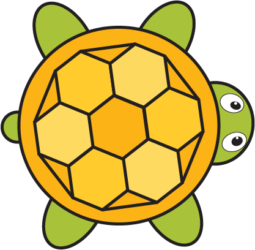
When teaching, the teacher always should have an objective in mind: what is the purpose of this lesson, this activity, this game? So when I am teaching how to factor polynomials, I could use many games (factoring bingo), activities (group work / collaboration), and manipulatives (algebra tiles), but I also have to have a purpose in mind. For instance I can’t tell my students to play Monopoly, as that is irrelevant to factoring polynomials, even though the Monopoly game could be used in a different situation to teach how to count money, give out change, etc. Similarly in a science classroom, we shouldn’t be showing explosions unless there is a relevance in what we want the students to learn.
I apply this logic most of the time. But recently I was teaching some math workshops and as a fun activity (yet educational – I thought) I decided to teach the students how to construct a Mobius Strip and discuss it.
Even though the kids liked the class, they were saying how they are doing arts and crafts in math. I didn’t know how to take it… possibly they don’t think math is about constructing anything. But maybe they were just thinking that they built something, but learned nothing in terms of math.
What is the mobius strip really? Does it have any relevance to basic math? I think it’s more of a magic trick for math. In science there are explosions; in math there’s the mobius strip.
So the question is: When and why should we do magic tricks in math and science? What are they good for?
I think they are a way to shock students into seeing math and science in a different way. Seeing the other side of math and science – the creative side – might interest students in pursuing this field. A student seeing the mobius strip and the following experiments as intriguing and seeing that there is more than adding and long division to math.
Read more:
Making Physics Fun: Key Concepts, Classroom Activities, and Everyday Examples, Grades K-8
Awesome Science Experiments for Kids: 100+ Fun STEM / STEAM Projects and Why They Work

